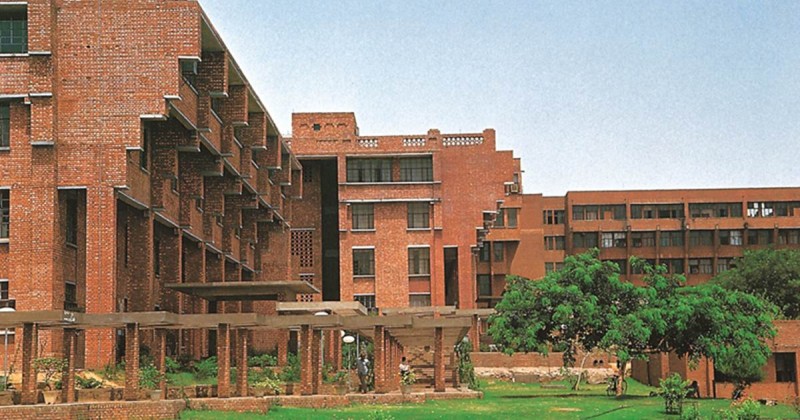
Jawaharlal Nehru University (JNU) has introduced stringent regulations in a new Chief Proctor Office (CPO) manual, stating that affixing wall posters and organizing protests within 100 meters of academic buildings could result in fines of up to Rs 20,000 or expulsion for students. Any deemed “anti-national” activities may incur a fine of Rs 10,000, as outlined in the revised guidelines. Previously, protests within 100 meters of administrative blocks were prohibited by a High Court order. However, the updated CPO manual extends the restriction to academic buildings that house classrooms, labs, and offices of chairpersons, deans, and other important personnel.
Acts inciting intolerance towards religion, caste, or community will be penalized with a Rs 10,000 fine. The move follows an incident in October where an “anti-national” slogan appeared on the School of Languages building, prompting the formation of a committee to address such incidents on campus. The JNU Students’ Union (JNUSU) opposes the new regulations, claiming they aim to suppress dissent and has called for their immediate withdrawal. Under the revised rules, approved by the Executive Council on November 24, the Vice-Chancellor or the competent authority holds the power to determine punishable acts violating university discipline. They can also decide to waive, modify, or uphold punishments as deemed appropriate.
The university prohibits the printing, circulation, or posting of posters or pamphlets containing derogatory religious, communal, casteist, or anti-national content. Various forms of protests within a 100-meter radius of academic or administrative complexes, including hunger strikes, dharnas, or group bargaining, may result in fines, eviction from the hostel, rustication, or being declared out of bounds for up to two months, according to the CPO manual. Coercive actions disrupting academic and administrative functioning or inciting violence are also subject to punishment.

Post Your Comments